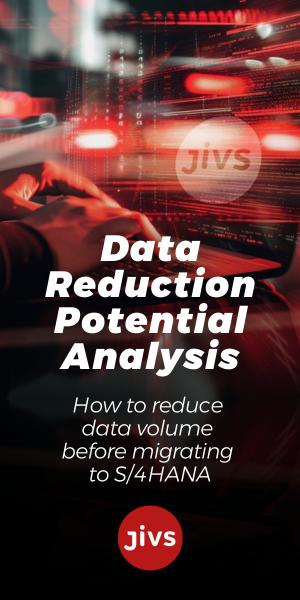In today’s rapidly evolving business landscape, sustainability has transitioned from a peripheral concern to a strategic imperative. In this context, the role of ERP systems has evolved beyond their traditional function as operational tools. For many ERP customers, these systems have emerged as powerful instruments for driving sustainable business practices. And within organizations like Blue Marine Foundation and the many charities and NGOs referenced in our article with Oracle, they are providing the financial clarity to drive meaningful environmental and human impacts.
ERP systems, recognized as the backbone of business operations, seamlessly integrate various functions and departments. However, in the realm of sustainability, their potential stretches beyond seamless processes. Through real-time data insights and interconnectivity, ERP systems possess the capacity to be the foundation upon which sustainable practices are built.
Consider the value of instant access to data on energy consumption, resource utilization and waste production. ERP systems offer precisely this capability, equipping decision-makers to promptly identify inefficiencies and implement targeted solutions. By optimizing resource allocation and minimizing waste, organizations can tangibly reduce their environmental footprint while concurrently enhancing operational efficiency.
The influence of ERP systems transcends internal operations, reaching into the intricacies of supply chains. These networks, often fraught with opacity, have become central to sustainability concerns. ERP systems shine as a source of transparency, enabling businesses to scrutinize every aspect of their supply chain – from raw material sourcing to manufacturing processes and distribution. This newfound clarity empowers organizations to uphold ethical standards and mitigate potential environmental risks.
SAP’s Green Ledger is the latest evolution of ERP systems. Embedded within SAP S/4HANA (although only available to some SAP customers), the Green Ledger feature is designed to measure, analyze and curtail carbon emissions and other environmental impacts. Offering real-time carbon accounting and insights into broader sustainability metrics such as water usage and waste generation, SAP’s Green Ledger equips organizations with the precision required to advance their sustainability pursuits.
The significance of integrating ERP systems into sustainability strategies extends far beyond regulatory compliance or cost savings. In a world where conscious consumption and ethical considerations wield growing influence, embracing sustainability through ERP systems becomes a strategic differentiator. Commitment to sustainable practices can elevate brand reputation, foster stakeholder trust and confer a competitive edge in a market increasingly driven by values.
As adept ERP business users, your expertise is a crucial catalyst in this transformation. By leveraging real-time data insights, optimizing resource utilization and tapping into innovations like SAP’s Green Ledger, you possess the capacity to guide your organization toward a more sustainable and resilient future.
In conclusion, the convergence of ERP systems and sustainable business practices represents a transformative journey, one that hinges on your experience and insight. By recognizing the latent potential of ERP systems to drive positive change, you can steer your organization towards an era where efficiency and environmental responsibility coexist harmoniously. As stewards of both technology and responsible business practices, you have the opportunity to shape your organization’s trajectory toward a future marked by sustainability and success.






